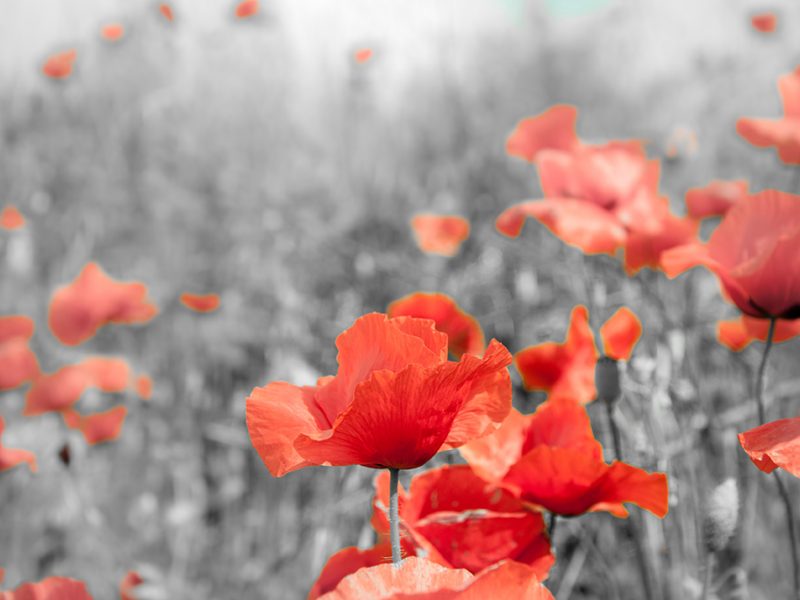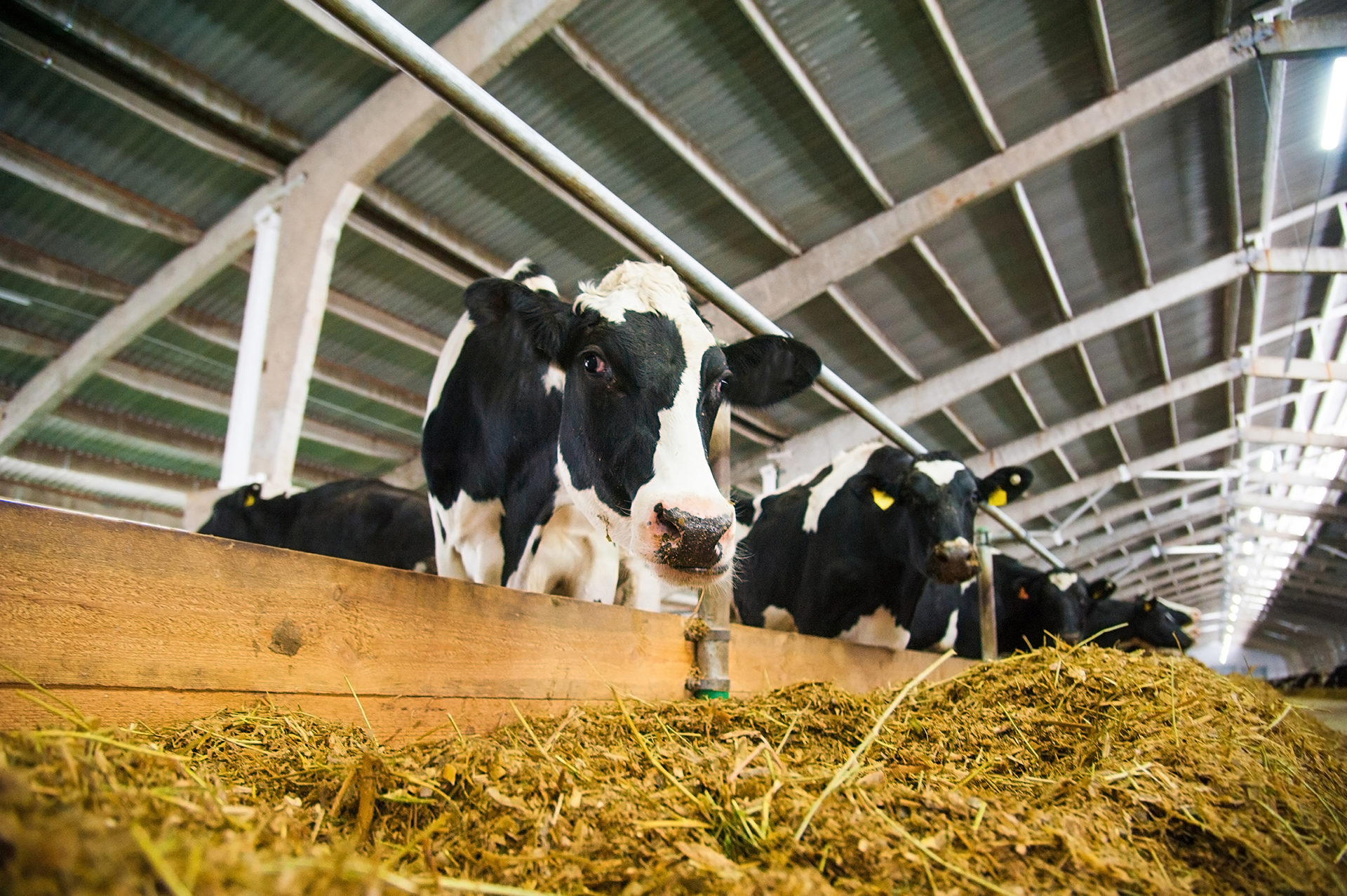Remembrance Day was born in the aftermath of the First World War, a day to remember the armistice that ended four years of conflict in 1918. The conflict cost Canada dearly in terms of lives lost and shattered: 67,000 men, women and children died, and nearly 150,000 combatants were wounded. No conflict before or since has extracted such a toll on this country. There’s good reason many hoped and expected the Great War, as it was once called, would be the war to end wars.
A little more than a century later, emboldened by the 2014 annexation of Crimea, Vladimir Putin brought war back to Europe with the invasion of Ukraine on February 24. Canada has sent personnel to Europe in supporting roles but the West has so far avoided direct participation. Yet the war’s impact has been felt here, in rising costs for fuel, fertilizers and food. Canada has welcomed those displaced by the conflict. War north of the longest undefended border in the world is something that happens elsewhere, and our governments pride themselves on stepping up and offering assistance.
But assistance is also needed for those struggling here at home. Our farmers are not farming fields littered – and in some cases booby-trapped – with unexploded ordnance, but some of the natural hazards post equal threat to life and limb. The landslides that have sideswiped homes and destroyed fields in recent years make the job of farming and food production equally challenging. Support for those abroad should be an extension of the care we take of our own, that all may enjoy the benefits of the peace we enjoy.
But of more than $5 billion in disaster relief and recovery funds the federal and provincial governments pledged in the wake of last November’s catastrophic flooding through disaster financial assistance arrangements and AgriRecovery, just a fraction has been disbursed. While government talks about building back better, many farmers are stuck waiting for the means to build, period. Meanwhile, some producers, like those in the Nicola Valley, have been pummelled by repeated disasters. It’s fair to say some have been shell-shocked, and the government’s recognition of the importance of mental health supports is a welcome shift from how things were handled even a decade ago.
But real change is also needed.
“Suppose they gave a war and nobody came?” was the old peacenik slogan. Disasters, alas, keep showing up whether we want them to or not. And for those whose livelihoods are rooted in the land, there are few places to run (especially with the cost of land what it is).
Governments at all levels need to recognize food security on a par with international security. The conflict in Ukraine has shown how the two are intimately connected, as the cost of staples in many countries has risen and even our own has seen relatively dramatic escalations in the cost of flour, vegetable oil and other products. A greater number of items are out of stock than in the days before COVID, when supply chain disruptions began making themselves felt for the first time many of us could remember.
Peace is never just the absence of war but all that allows for human flourishing, including farming. What price are we who live in the absence of war willing to pay for it to be so?


 Apple soda breaks ground in saturated market
Apple soda breaks ground in saturated market